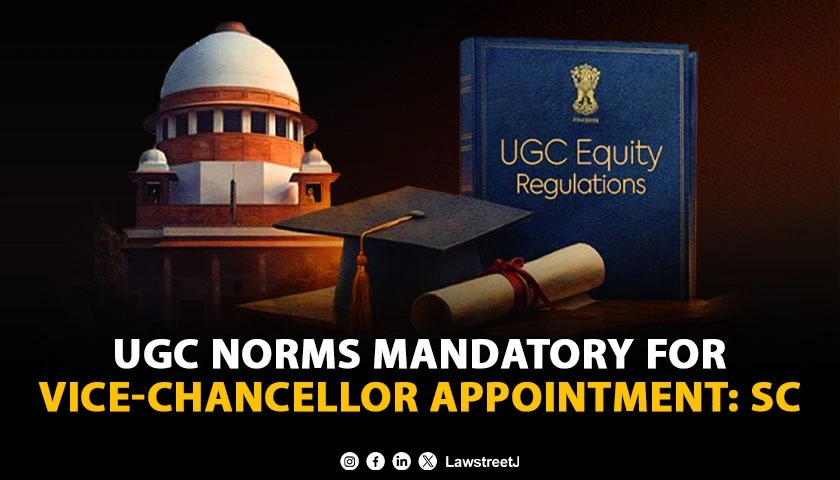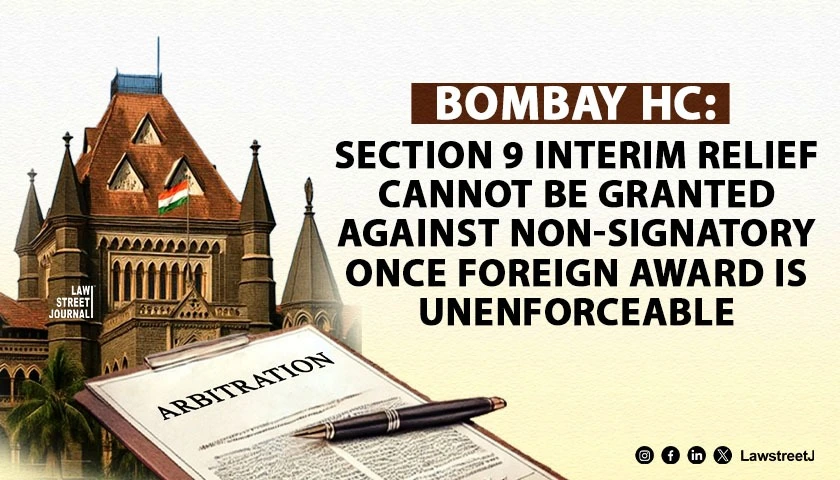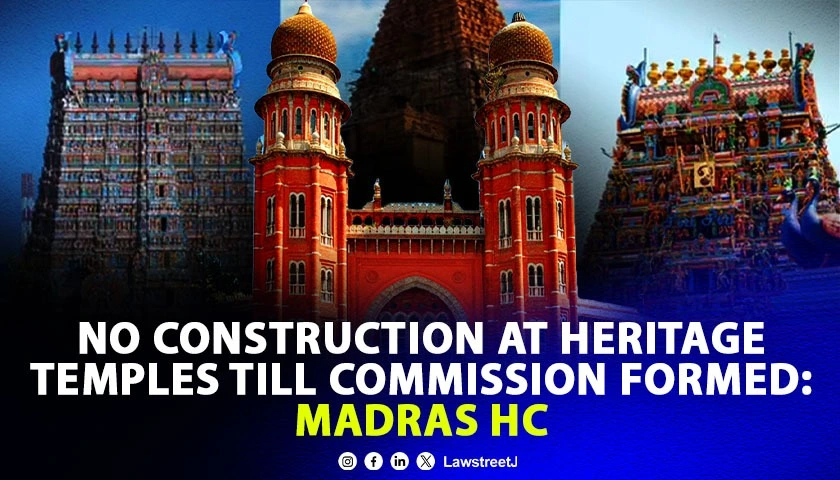Abstract
This paper aims to explain the concept of specific performance of contracts, contracts that can be specifically enforced and the contracts that cannot be specifically performed. It also answers the question of who can obtain specific performance and against whom specific performance can be enforced. It also looks at the changes in the Specific Relief Act, 1963 as brought by the Specific Relief (Amendment) Act, 2018 to the topic. It offers a holistic view towards the subject. The paper offers to fulfill the research gap of implications of the Specific Relief (Amendment) Act, 2018 on contract law.
Keywords: Contract, Specific Performance, Specific Relief, Performance of Contract, Enforcement of Contract, Specific Relief Act, 1963, Specific Relief (Amendment) Act, 2018
What is Specific Performance of Contract?
A contract is a written or oral agreement that is legally enforceable, for a particular purpose, between two or more parties where each party takes up an obligation that is legal in nature and must be fulfilled.
Specific performance of a contract is an order, discretionary in nature, made by court, wherein a party must perform an agreed action as outlined in the contract enforced. Specific performance can be any action that is enforced to complete the transaction that has previously been agreed to.
The Specific Relief Act, 1963 sets the remedies available to parties whose contractual rights have been breached. The Act is beneficial in cases where monetary compensation does not suffice for the non-performance of a contract. It is an alternative remedy to monetary relief when a contract is breached.
The Specific Relief Act, 1963 was amended by the Specific Relief (Amendment) Act, 2018 which came into force from 1st October, 2018.
An example would be necessary to understand when specific performance of a contract must be enforced. Here, A agrees to buy from B, a rare ancestral vase that has significant history, and then follows a breach of contract. A may force B specifically to perform this contract. A has to satisfy the court that normal remedy of damage does not suffice for this case. Hence, A will specifically claim damages and bring suit for that particular contract with B alone.
Provisions Relating to Specific Performance of Contracts
Section 10 of the Specific Relief Act, 1963 is about the cases in which the specific performance of a contract is enforceable.
Section 10 of the principal act has been substituted and now it states that the specific performance will now be enforced by the court subject to Section 11(2), 14 and 16.
The substituted Section 10 is Specific Performance of Contracts
The specific performance of a contract shall be enforced by the court subject to the provisions contained in sub-section (2) of section 11, section 14 and section 16.
The amendment in Section 10 has now reduced the discretionary jurisdiction of the Court in granting specific performance of contract. The amendment now seeks to mandate every Court to grant specific performance of contract as a general rule rather than making it an exception.
Earlier the Courts, due to the discretionary power, would opt for granting damages instead of Specific performance but the amendment seeks to change to change that power by making Specific performance a mandate.
After the recent amendment the following are the provisions relating to the specific performance of contracts.
Section 11 of the Amended Act states cases in which specific performance of contracts connected with trusts enforceable.
- Except as otherwise provided in this Act, specific performance of a contract shall, be enforced when the act agreed to be done is in the performance wholly or partly of a trust.
- A contract made by a trustee in excess of his powers or in breach of trust cannot be specifically enforced.
Section 14 now reads Contracts not specifically enforceable. The following contracts cannot be specifically enforced, namely:
(a) where a party to the contract has obtained substituted performance of contract in accordance with the provisions of section 20
(b) a contract, the performance of which involves the performance of a continuous duty which the court cannot supervise
(c) a contract which is so dependent on the personal qualifications of the parties that the court cannot enforce specific performance of its material terms and
(d) a contract which is in its nature determinable.
Section 16 states Personal bars to relief- Specific performance of a contract cannot be enforced in favor of a person-
(a) who has obtained substituted performance of contract under section 20
(b) who has become incapable of performing, or violates any essential term of, the contract that on his part remains to be performed, or acts in fraud of the contract, or willfully acts at variance with, or in subversion of, the relation intended to be established by the contract
(c) who fails to prove that he has performed or has always been ready and willing to perform the essential terms of the contract which are to be performed by him, other than terms of the performance of which has been prevented or waived by the defendant.
Explanation- For the purposes of clause (c)
(i) where a contract involves the payment of money, it is not essential for the plaintiff to
actually tender to the defendant or to deposit in court any money except when so directed by the court
(ii) the plaintiff must prove performance of, or readiness and willingness to perform, the contract according to its true construction.
Section 20 of the act now provides a new relief known as Substituted performance. The Section reads, Substituted performance of contract.
(1) Without prejudice to the generality of the provisions contained in the Indian Contract Act, 1872 (9 of 1872), and, except as otherwise agreed upon by the parties, where the contract is broken due to non-performance of promise by any party, the party who suffers by such breach shall have the option of substituted performance through a third party or by his own agency, and, recover the expenses and other costs actually incurred, spent or suffered by him, from the party committing such breach.
(2) No substituted performance of contract under sub-section (1) shall be undertaken unless the party who suffers such breach has given a notice in writing, of not less than thirty days, to the party in breach calling upon him to perform the contract within such time as specified in the notice, and on his refusal or failure to do so, he may get the same performed by a third party or by his own agency: Provided that the party who suffers such breach shall not be entitled to recover the expenses and costs under sub-section (1) unless he has got the contract performed through a third party or by his own agency.
(3) Where the party suffering breach of contract has got the contract performed through a third party or by his own agency after giving notice under sub-section (1), he shall not be entitled to claim relief of specific performance against the party in breach.
(4) Nothing in this section shall prevent the party who has suffered breach of contract from claiming compensation from the party in breach.
The Amendment states the concept of 'substituted performance' under Section 20. As per the concept, a party who is affected by the breach of contract can choose to get the contract performed by a third party, or by its own agency, at the cost of the contracting party at default. The affected party has to give prior notice of thirty days to the other party expressing his intention to seek substituted performance. It is also clarified that the party enforcing substituted performance gives up its right to get specific performance of the contract enforced through Court. Therefore, Section 14 of the Act which enlists contracts which cannot be specifically enforced has also been amended by substituting Clause (a) which earlier read "a contract for the non-performance of which compensation in money is an adequate relief" with "(a) where a party to the contract has obtained substituted performance of contract in accordance with the provisions of section 20".
Cases related to Specific Performance
In 2016, the Supreme Court in Robin Ramjibhai Patel v. Anandibai Rama @ Rajaram Pawar & Ors. [1] stated that when a plaintiff wants to implead certain parties as defendants in a suit for specific performance on the grounds that they may be adversely affected by the outcome of the suit, then interest of justice also requires allowing such a prayer for impleadment so that the persons likely to be affected are aware of the proceedings and may take appropriate defense as suited to their vendors.
The court also observed that the necessary parties in a suit for specific performance of a contract for sale are not only parties to the contract or their legal representatives, but also a person who had purchased the contracted property from the vendor.
In 2017, the Kerala High Court held that a plaintiff is entitled to specific performance of a contract only if he sticks to the original terms of the contract. If there is any variation in the terms of the contract even if it for the benefit of the defendant, the plaintiff will not be entitled to seek specific performance.
Analysis of the Amendment Act
The Amendments under the Specific Relief (Amendment) Act,2018 are a definite step towards the mitigation of the uncertainties relating to execution of contracts as the situation was in the principle act.
The major change was the discretionary power of the Court has been done way while granting the remedy of Specific Performance under the Specific Relief Act.
Secondly with the amendment in Section 10, the Courts discretion to order specific performance has been taken away now the Court have to provide for specific performance of the contract under Section 11.
Also the Court can now provide for the specific performance of the contract subject to the provisions of Section 14 and 16 which also have been amended.
Thus, the Courts power has been limited to the lists enumerated in Section 14 and 16 regarding which contracts can be specifically enforceable and which against whom such contracts can be specifically be enforceable to perform.
The Court now need not examine anything outside the purview of these Sections, they merely have to look that whether the present case falls under the ambit of Section 14 and 16.
Section 14 excludes any performance of any continuous duty in a contract and further certain category of projects and infrastructure Sub-Sectors in the Schedule, under newly enacted Section 20A read with Section 41 of the Act, are outside its ambit in too.
Further in the Amendment the Legislature has provided for a remedy through the Substituted performance of a Contract. The party who has suffered because of the breach of the contract can avail this remedy and under Section 20, where he can substitute the performance through another party and when he does so he cannot claim any other remedy, but the section does not restrict the person to claim compensation from the party who has committed the breach of the contract. However, both cannot be exercised simultaneously i.e. either performance of the contract or claim of damages/substituted performance will be provided.
Also through this amendment the third party who is not a party to the contract but has suffered because of such breach can also avail the remedy.
The Amendment also focuses on the progress of the Infrastructure projects. The Legislature has made special provisions with regards to infrastructure projects which includes that no injunction should be granted to infrastructure projects, establishment of Special Courts in order to speedily dispose of the cases related to infrastructure project contracts.
Conclusion
The amendments have been an obvious step to progress in the field of contract law making it much easier to obtain specific performance given that the act has done away with the discretionary power of the court which was a barrier in obtaining specific performance of the contract.
Specific Performance is an essential phenomenon in the field of contracts overall and provides relief in cases where monetary compensation is not enough for the damages that the plaintiff has to suffer when there is a breach of contract.
Thus, this paper provides the perspective much needed on how much the act has changed after the amendment.
Author Details: Ghazal Bhootra, 1st year B.B.A. L.L.B (Hons.), NMIMS School of Law
References
Bare Acts
- Specific Relief Act, 1963
- Specific Relief (Amendment) Act, 2018
- Indian Contract Act, 1872
Textbooks
- R K Bangia, Contracts 1 (Allahabad Law Agency)
Online Databases
- Specific Relief Under Contract in India, Mondaq.com, http://www.mondaq.com/article.asp?article_id=879720&type=mondaqai&r=1&t=5
(last visited Jan 12, 2020)
- Specific Relief (Amendment) Act, 2018: A Paradigm Shift? - Corporate/Commercial Law - India Mondaq.com, http://www.mondaq.com/article.asp?article_id=749686&signup=true (last visited Jan 12, 2020)
- Specific Relief (Amendment) Act, 2018: Prospective or Retrospective? Cyril Amarchand Mangaldas Blogs, https://corporate.cyrilamarchandblogs.com/2018/09/specific-relief-amendment-act-2018-prospective-retrospective (last visited Jan 12, 2020)
[1] Robin Ramjibhai Patel v. Anandibai Rama @ Rajaram Pawar & ORS,SLP (C) No. 31087 of 2014






